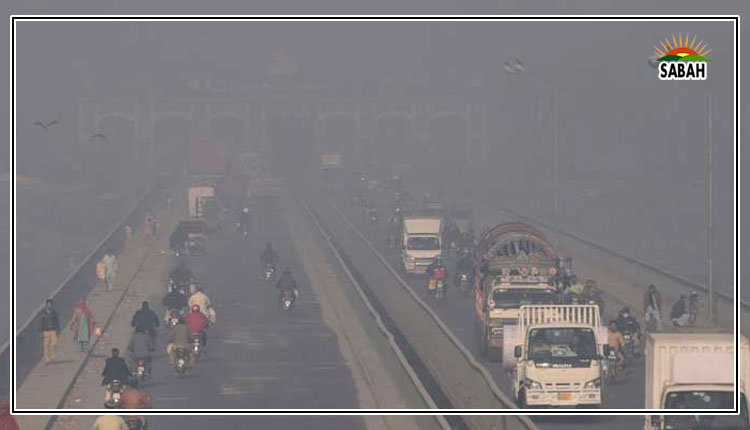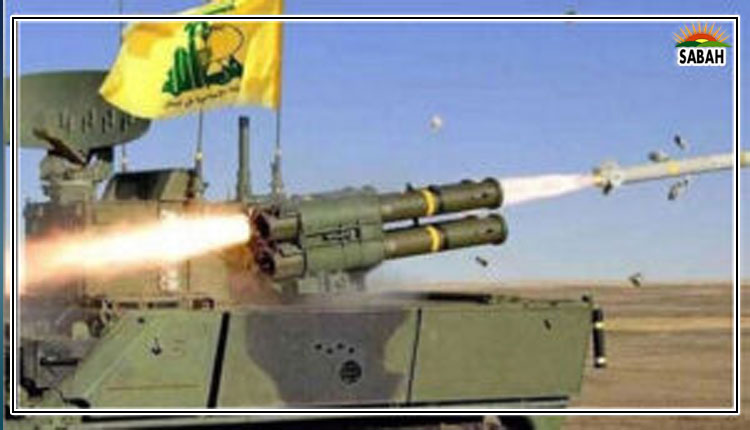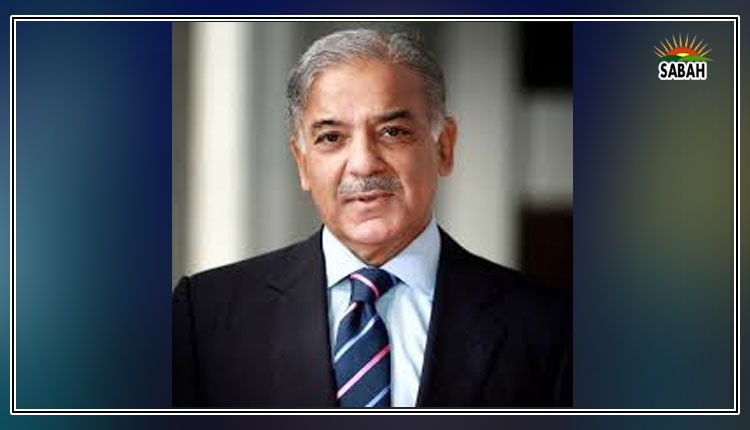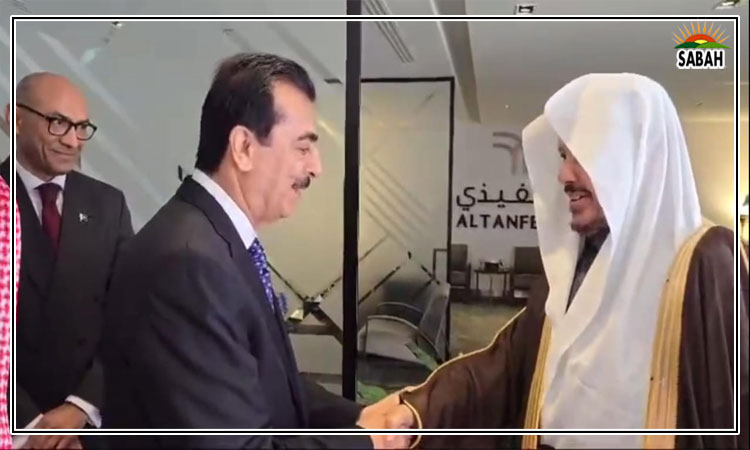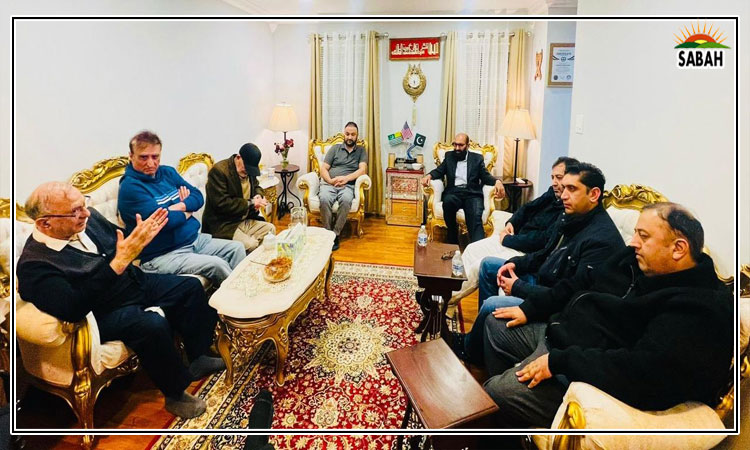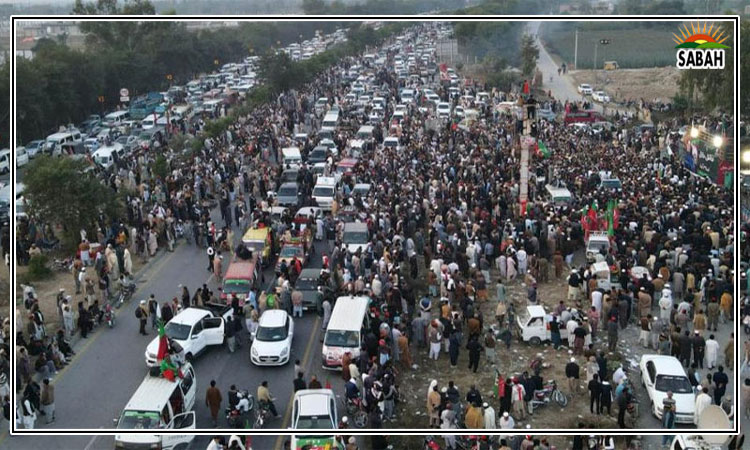Monumental folly 2:0….Imran Malik
The US beat an unseemly, hasty retreat from the Afghanistan-Pakistan Region (APR) in August 2021. Its interests therein however remained intact. It is now re-engaging Pakistan as it positions itself to become relevant to the region againalbeit from a distance. Its departure from the APR gave a rejuvenated Terrorism Central (a macabre collection of ISK, AQIS, TTP, IMU, ETIM, JuA et al) the freedom of action that it had been craving. Unsurprisingly, the APR is now witnessing the inevitable, infernal resurgence of terrorism.
Is the stage being set to restart the GWOT?
The Afghan Taliban government is in a serious quandary; it needs the support of the international community but is also adamant upon imposing its own version of the Islamic Shariah on the hapless Afghans. Both are mutually exclusive. On the external front, it stands isolated having miserably failed to either win diplomatic recognition, economic and financial bailouts, bi-multilateral trade, investments etc or kickstart its economy and its reconstruction and rehabilitation processes.
ECP amends candidates affidavit after Vawda disqualification case
It is rather fast turning into a pariah state as it senselessly reneges on its commitments made in the Doha Agreement on at least two major accountsone, giving all human rights to the female population and minorities of Afghanistan and two, not allowing terrorists to use its soil against any other country.
On the internal front, the Afghan Taliban government is in effect confronted with a serious latent threat from the ISK, which could potentially coalesce with the AQIS, TTP, IMU, and others to form a competing centre of power within Afghanistan. They could carve away a large chunk of Afghanistan for their envisaged Caliphate and threaten Iran, CARs and Pakistan with the same.
The Afghan Talibans survival thus largely depends upon how they forestall the emergence of such a formidable force which sets about unilaterally pursuing a collective objective of a Caliphate. The Afghan Taliban had many advantages of terrain and intimate support from the populace when they fought the US-led forces in an asymmetric war. They will find it difficult now to fight an irregular war, against more than equals, on a level battlefield. The Afghan Taliban government would have made the necessary contingency plans to prevent it.
CTD kills four terrorists, enter in Pakistan from Afghan border
It, therefore, becomes a strategic compulsion for the Afghan Taliban Government to keep the ISK, AQIS, TTP, IMU etc from merging and evolving into a monolithic force under a unified command. If they do amalgamate, it will have a centripetal effect with the combined force gravitating portentously towards Kabul, the seat of Afghan Talibans power.
However, if the components are embroiled piecemeal in multiple directions, then the overall effect will be centrifugal in nature. That will not only fragment the power of this combined force but will also direct it outwards, away from Kabul. This will obviate the evolution of a unified force/command which could potentially challenge the Afghan Talibans writ.
The main contours of the Afghan Talibans operational strategy thus become apparent; keep Pakistan engaged in repetitive, endless, fruitless parleys while exploiting the terrorist attacks/demands of a revitalised TTP, ISK etc as coercive leverages against it.
Furthermore, keep Terrorism Central divided, dissipated and enmeshed piecemeal, in divergent, cross-border operations, moving them further away from Kabul. Therefore, the Afghan Taliban need to create and continuously sustain an environment where the TTP (and ISK?) maintains its terror war against Pakistan, the IMU is encouraged to foray further into the CARs, the ETIM could be eventually nudged towards Xinjiang, China, the AQIS could be pointed towards the subcontinent while the ISK is more or less left isolated in the badlands of Afghanistan.
This might usher in a sense of security for the Afghan Taliban government. It is thus clearly not in the Afghan Talibans interest to lose this coercive leverage over Pakistan. Period. The TTP at war with Pakistan serves them very well.
One, it keeps Terrorism Central split and entangled in divergent areas precluding a potentially hostile, overwhelming grouping within Afghanistan. Two, this keeps the Pak-Afghan border issue alive and Pakistan on tenterhooks. Three, it forces Pakistan to persistently seek the good offices of the Afghan Taliban to stem this flow of terrorist activity across the border. Four, it keeps Pakistan continuously in the appeasement mode giving an advantageous position to Afghanistan in bilateral issues like cross-border skirmishes, border management and fencing, trade/smuggling, flight of foreign exchange, immigration, refugee matters etc. Five, it can stop Pakistan from conducting kinetic hot pursuit operations across the border, providing crucial relief to the TTP at critical junctures in their war on Pakistan. Six, it will keep winning favours with hostile foreign agencies like RAW, MOSSAD etc.
Pakistan is making the same grievous error of judgement again by negotiating with the TTP, (A Monumental Folly, by this scribe, The Nation, 22 September 2013).
The negotiations with the TTP in 2013-14 were followed by the tragedy at the APS, Peshawar. The current negotiations turned out to be quite fruitless with the Pakistanis unnecessarily and repeatedly beseeching the Afghan Taliban to intercede on their behalf.
The arrogant TTP has now stopped negotiating, rescinded the ceasefire and is becoming increasingly belligerent. Self-confident nations never negotiate with terrorists. They carry out kinetic operations against them, acquire unassailable, superior positions and then impose their will upon them. It has been done through Op Zarb e Azb once and can be done again.
Pakistan could have taken the issue to its logical conclusion by annihilating the TTP ruthlessly, but for the ISAF/US forces reluctance to play ball then.
The absurd political conundrum in Pakistan will not allow the conduct of an All-Parties Conference on the issue. The PDM Government however must critically analyse the pros and cons of rejoining the GWOT under US pressure. It is bound to destabilise the region drastically.
Pakistans interests were quite marginalised in the GWOTs earlier avatar. They must be secured now. US return to the APR complicates the strategic environment seriously. Should Pakistan now call the Afghan Talibans bluff, take the TTP on by itself or join the selective and largely futile GWOT yet again?
Courtesy The Nation


